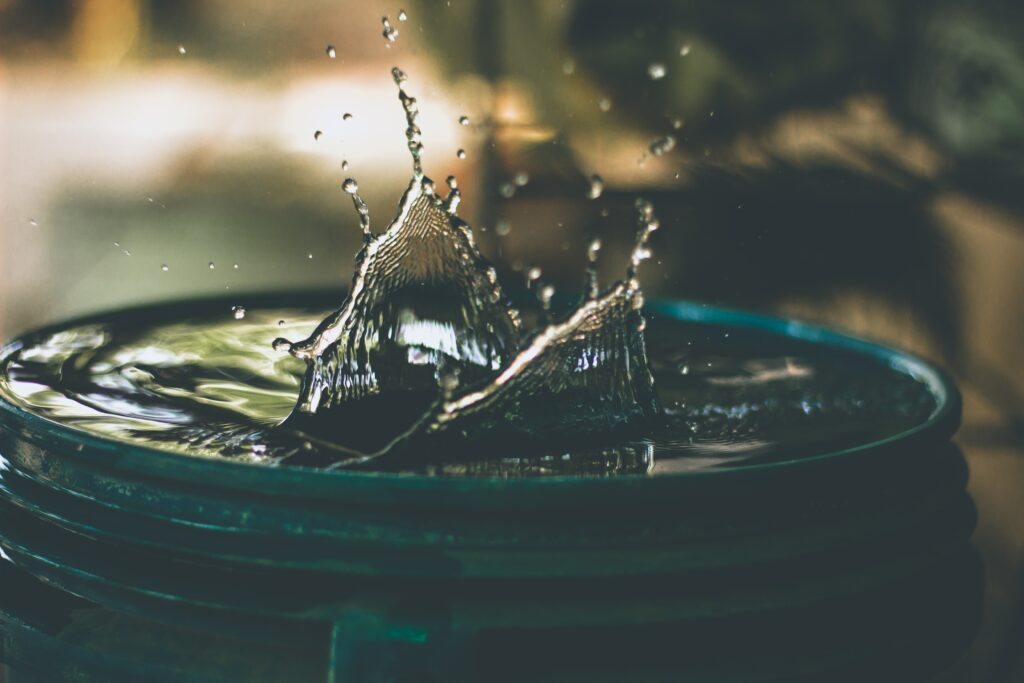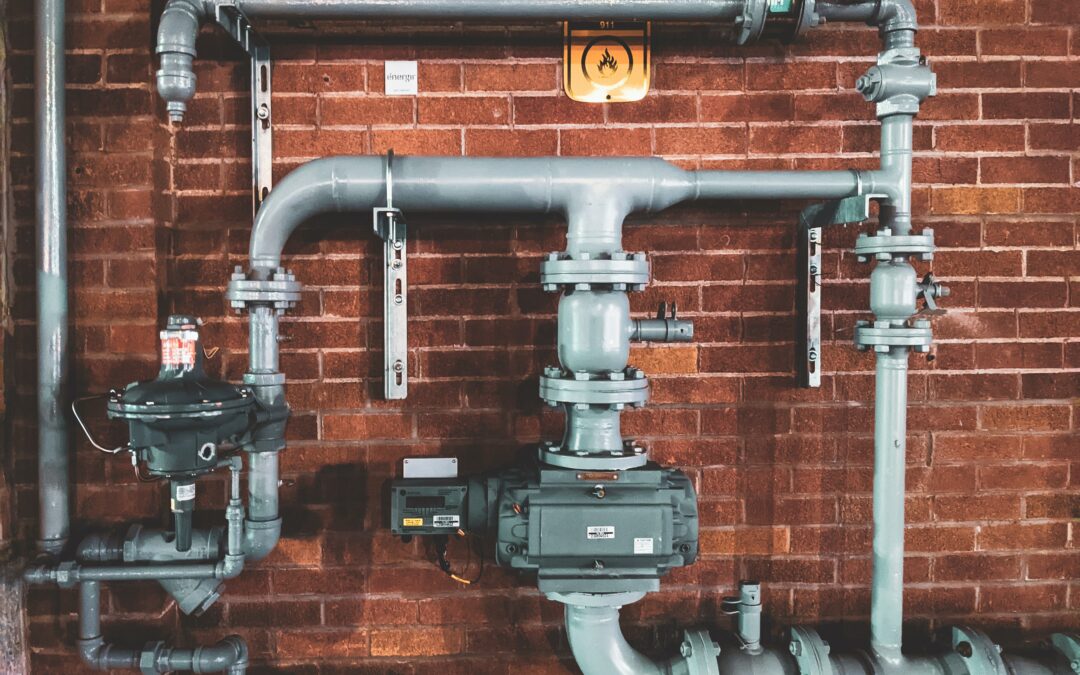In the vast majority of instances, a Water Heater will leak from the top. If you compare it to the circumstance in which the heater leaks from the bottom, this isn’t a significant problem. If you’re going to leak, it’s better to come from the top because that’s where the most damage occurs. Almost always, water leaks from the top of the heater.
A problem that can be fixed and does not necessarily necessitate a new device. On the other hand, this form of leak can lead to more serious issues and costly damage if ignored. It’s critical to get the problem solved as soon as possible. The following are the reasons why your water may be leaking from the top, as well as the solutions to problems.
Port of the Anode Rod:
An anode rod is a long, thin rod within your Water Heater that acts as a corrosion inhibitor. The corrosive substances in the water would eat away at it over time. If the anode rod weren’t there to draw them in first, it would infest the inside of your heater.

Your hot water tank will not rust if you use an anode rod. Without replacing the anode rod, corrosion will eventually reach the rod’s surface and bubble up, decreasing the system’s overall efficiency. As a result, the top of your heater could burst.
Valves for Cold Water Intake:
The cold water inlet valve receives cold water from the main water line. Any time there’s standing water on the top of your heater, it could be time to check your plumbing for a potential leak. An input line for hot water is seeping out of the top of the water tank.

Check the inlet pipe first, as this is more likely to be the source of the water leak. The valve may have corroded, something may have loosened, or the valve may not fit properly.
The Expansion Tank is Leaking:
The expansion tank is a smaller tank commonly installed to provide additional capacity. On the side of your heater, you’ll most likely find this tank. When you use your heater, you generate a large amount of water; this gadget is designed to collect this water to utilize it later.
Water expands as it becomes hotter, so you’ll eventually run out of room in your hot water tank. Fittings that are loose or rusted should be replaced. Pipe fittings that are loose or rusty may be to blame. While it’s pretty uncommon for this to develop over time as your gadget is utilized, it’s not a serious problem most of the time. Should check your heater’s dielectric nipples.
It’s common for these nipples to loosen or become rusted over time. With these tips, you can keep your heater from dripping from its top. Keep your Water Heater from leaking to protect yourself and your family, as well as save money over time. In most homes, heater’s are tucked away in the basements and garages.
In addition, utility closets are standard where a big leak might go undiscovered for an extended amount of time. Having your Water Heater inspected and tuned up by a professional is essential because of this. Maintenance of your Water Heater can help you avoid malfunctions and leakages, which can be both expensive and time-consuming to repair.
I am saving you money in the long run by preventing costly repairs and water damage. To help prevent water damage, you can also install a leak detector on the floor near your Water Heater. If a leak happens, these devices emit a loud sound, and some can even be synchronized with your home’s internet to give you an alarm through email.


Recent Comments